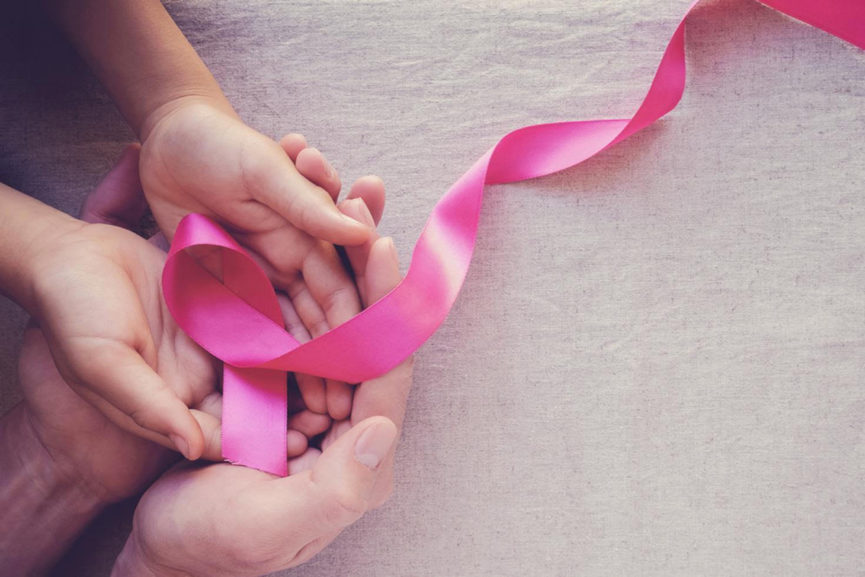Breast cancer does not discriminate. It doesn’t matter whether you are a woman or a man, young or old, fit or lazy – it can happen to anyone. And if not given enough attention, it can disrupt everyday situations and relations. But with early detection and proper treatment, breast cancer can be overcome.
Pay attention to these breast health guidelines:
1. Take your monthly breast self exam (BSE) seriously
Some early signs of breast cancer are hard to detect. Because of this, being hyperaware of what your breasts normally look like and are sensitive to, will help you detect any abnormalities such as
- Swelling of all or part of a breast (even if no distinct lump is felt)
- Skin irritation or dimpling (sometimes looking like an orange peel)
- Breast or nipple pain
- Nipple retraction (turning inward)
- Redness, scaliness, or thickening of the nipple or breast skin
- Nipple discharge (other than breast milk)
*Perform BSE every month 10 days after your period. For any breast changes, report these to your doctor without delay!

2. Seek clinical breast examination (CBE) periodically
Get yourself checked by a medical professional at least once a year. No matter how well you know your own body- whether or not you do a regular self-diagnosis, this should always be backed up by a professional.
- For non-high risk women or men, it is advisable to have the CBE:
o Every 3 years for those aged 20-29 years old
o Every year for those aged 40 years old and over
- For high risk women or men, CBE should be performed:
o Every 6-12 months or 1-2 time/s a year for those aged 20-35 years old
o Every 3-6 months or 2-4 times a year for those beyond age 35

3. Submit to a mammography screening regularly
Mammograms are extremely helpful in detecting early signs of breast cancer, although they still miss around 20 percent of tumors. Just because you tested negative on a mammogram does not mean you should not perform your BSEs.
- For non-high risk women, it is recommended to have a mammography:
o Every year for women aged 50 years old and over
o Every 1-2 years for women aged 35-49 years old

4. Dispel the myths
While there is accuracy and importance to statistics, limited probability does not equate to impossibility. It’s time to stop the stigma and recognize that breast cancer spares no age or sex. Always be alert, and keep yourself informed.
5. Spread breast health awareness
Everyone is susceptible to breast cancer and all the more so if people are not educated on breast health. Philippine Wacoal Corporation campaigns for an informed public and encourages more people into action with its “Keep Abreast” Breast Cancer Awareness Campaign.
Through its online and offline presence, Keep Abreast supplements additional knowledge on breast health. Organizations who may want to get hold of a FREE copy of the Keep Abreast DVD, may send an email: customer.service@wacoal.ph or call the Keep Abreast hotline: 884-1517.
Together, let’s end the stigma on breast health and advocate for early breast cancer diagnosis. An early treatment can save lives.
Disclaimer: The information in this article is not intended to replace any medical diagnosis or treatment. Seek the advice of your physician for any question regarding breast health and treatment.

The Familywise Asia editorial team is composed of Alpha Allanigui, Almira Manduriao, Patricia Li, and Andreiana Yuvallos. Visit About Us for more information on the team.
Related Posts
-
Nikoy de Guzman on the Struggles and Overcoming Breast Cancer
Nikoy de Guzman talks about her numerous encounters and struggles with Breast Cancer.
-
Family Friendly Weekend Flicks
Get the popcorn ready and enjoy these amazing movies with the family this weekend!
-
Long Weekend Getaway Ideas for the Family
Here are some fun long weekend getaway ideas for the family!



